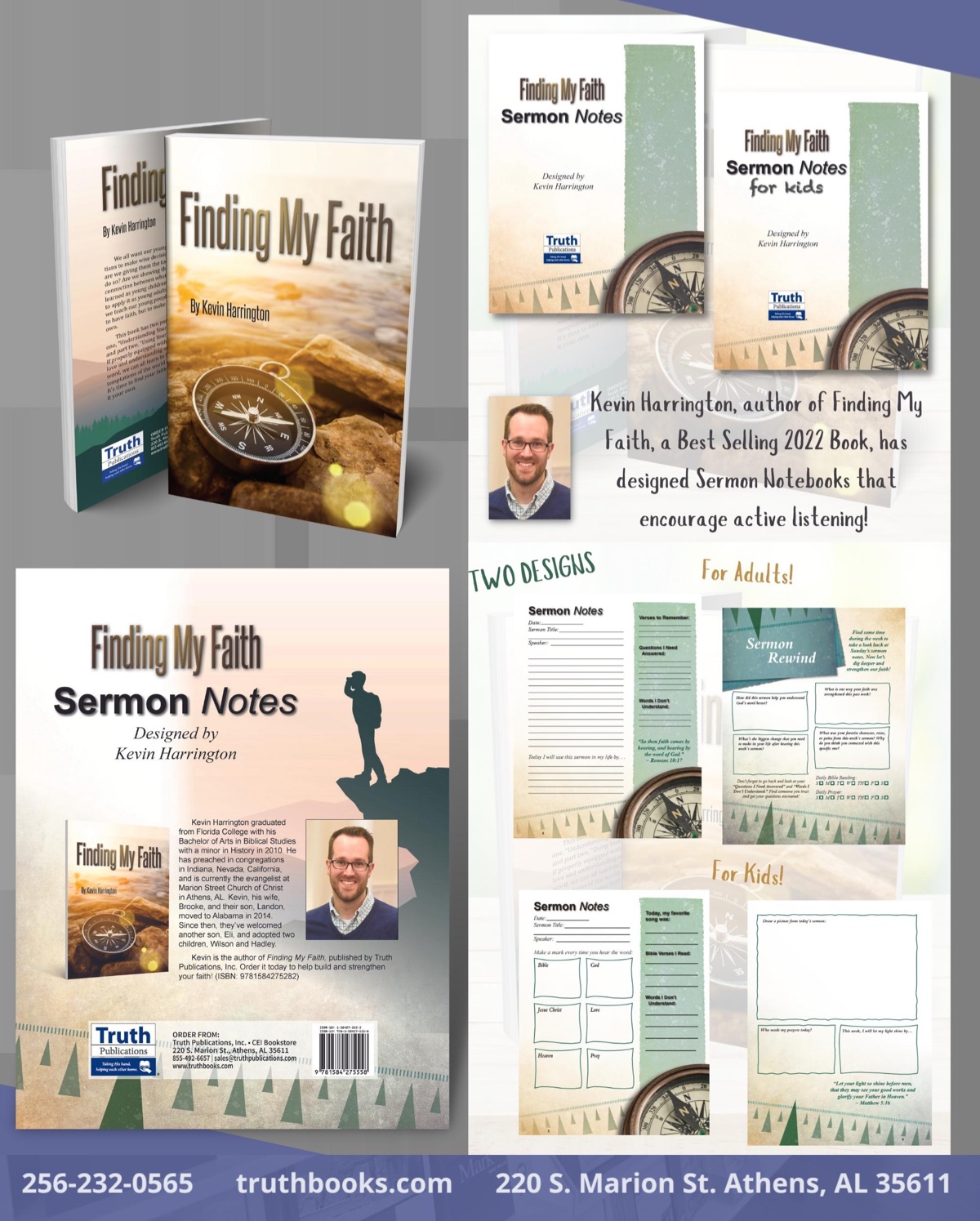By Barry Britnell
Synopsis: Spending time making mud bricks in the middle of Egypt is a great time to be reminded of the value of hard work and the value of Jesus.
Last October, I had the privilege of traveling with the rest of the Appian Media crew to the beautiful country of Egypt. We were there to film scenes from our upcoming documentary series “Out of Egypt.” One evening, we boarded a train in Giza (the third-largest city in Egypt) and after eight hours, we arrived in Luxor. Our drivers met us there and drove us out to a factory where they still hand make mud bricks.
On the day that we arrived, the foreman had five individuals who were working for him. Over the course of a normal working day, one person can make about 500 bricks. On that day, of course, their goal was to make 2,500.
It was an amazing experience to watch them work. They had a huge pile of dirt with channels of water feeding the area. The dirt was mixed with the water and then taken, one wheelbarrow load at a time, to a separate area. In this area, they would walk through the mud with their bare feet and turn the mud over with their hands. This served a two-fold purpose: (1) By working the mud with their hands and feet, it prepared the mud to be in the correct consistency for making the bricks. (2) By putting their bare hands and feet into the mud, they could find and remove any foreign objects (such as rocks) which would limit the mud’s ability to dry properly. Once the mud was ready, then it would be taken to a third area, where another man used a wooden form to shape and actually create the bricks. At that point, the baking process would begin. If the weather is consistently sunny and warm, then a mud brick will need to bake in the sun for about five days before it is ready to be sold and used in construction.
It was an amazing experience to watch and as we drove away, several thoughts came to mind.
First, hard work is a good thing. As we shook their hands and spoke with them, it was obvious that these men were 160 pounds of pure muscle. They were strong as oxen. As we were filming the scenes, a couple of us actually worked with the men to create the bricks. I will be honest with you. After about five minutes, I was breathing hard. This was really hard work, and I was not prepared for it.
Jesus worked hard while He was here on earth. In Matthew 4:23-24, we read:
And he went throughout all Galilee, teaching in their synagogues and proclaiming the gospel of the kingdom and healing every disease and every affliction among the people. So his fame spread throughout all Syria, and they brought him all the sick, those afflicted with various diseases and pains, those oppressed by demons, those having seizures, and paralytics, and he healed them (ESV).
Do you see the words that I have highlighted in that passage? Jesus went to all of Galilee…and cured every disease and every affliction. his fame was spread throughout all Syria and they brought Him all the sick.
That is a lot of hard work. Jesus worked very hard while He was on earth. So should we.
Second, sometimes hard work can be very messy, but that does not mean that it is not important. Walking through mud every day is a messy job! In fact, it may be the very definition of a messy job! Yet, that doesn’t mean that it is unimportant. As we drove away from the site, we passed house after house after house that had been constructed using the mud bricks which were created by those men. Hundreds of people are now living in houses that would not exist without the hard, messy work of those men.
Jesus did messy work as well. Think about that passage again from Matthew 4. Think about all the people who came to see Jesus. Some of these were people who had sores on their body. Some of these people had internal diseases causing bodily fluids to come out of them. Some of these people were running fevers and sweating. Some of these people were highly contagious. Speaking and caring for these people was not a pretty job, but that doesn’t mean that it was unimportant.
Jesus took the time for these people. While we are not told the details, I suspect that Jesus didn’t quickly heal them and send them on their way. He probably spoke with them. He cried with them. He comforted them. Then He would heal them.
It was messy work, but for those people, it was incredibly important.
I appreciate our time at the mud-brick factory outside of Luxor. Even though our team was there to discuss and film scenes about the Exodus, I was reminded of Jesus. Isn’t that interesting? Think about that.
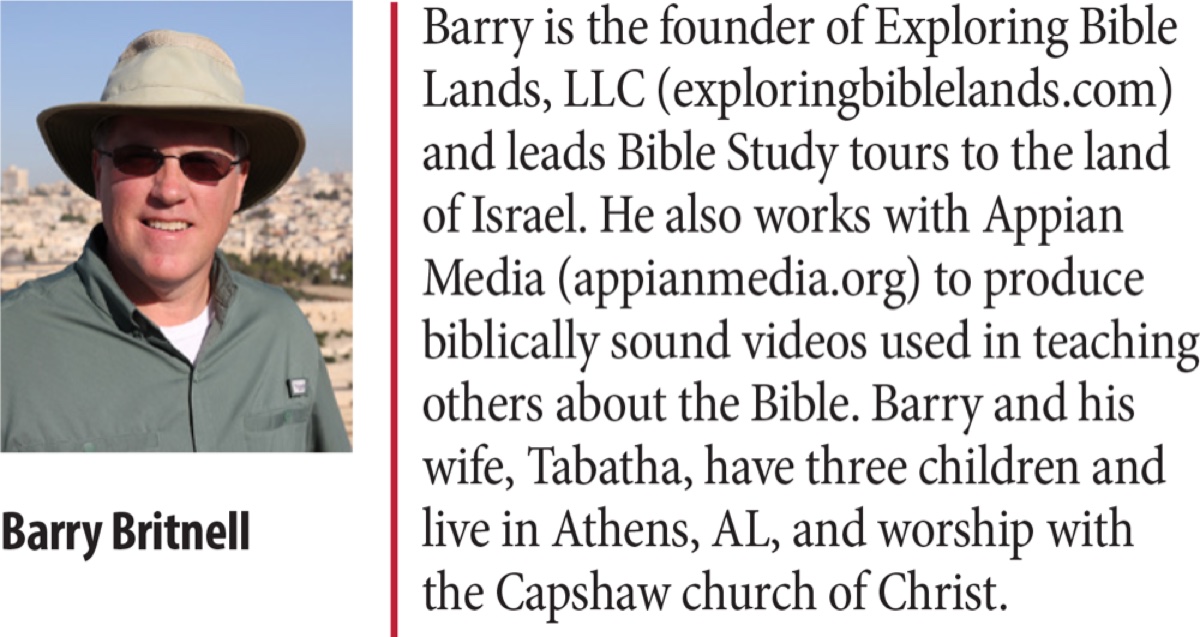
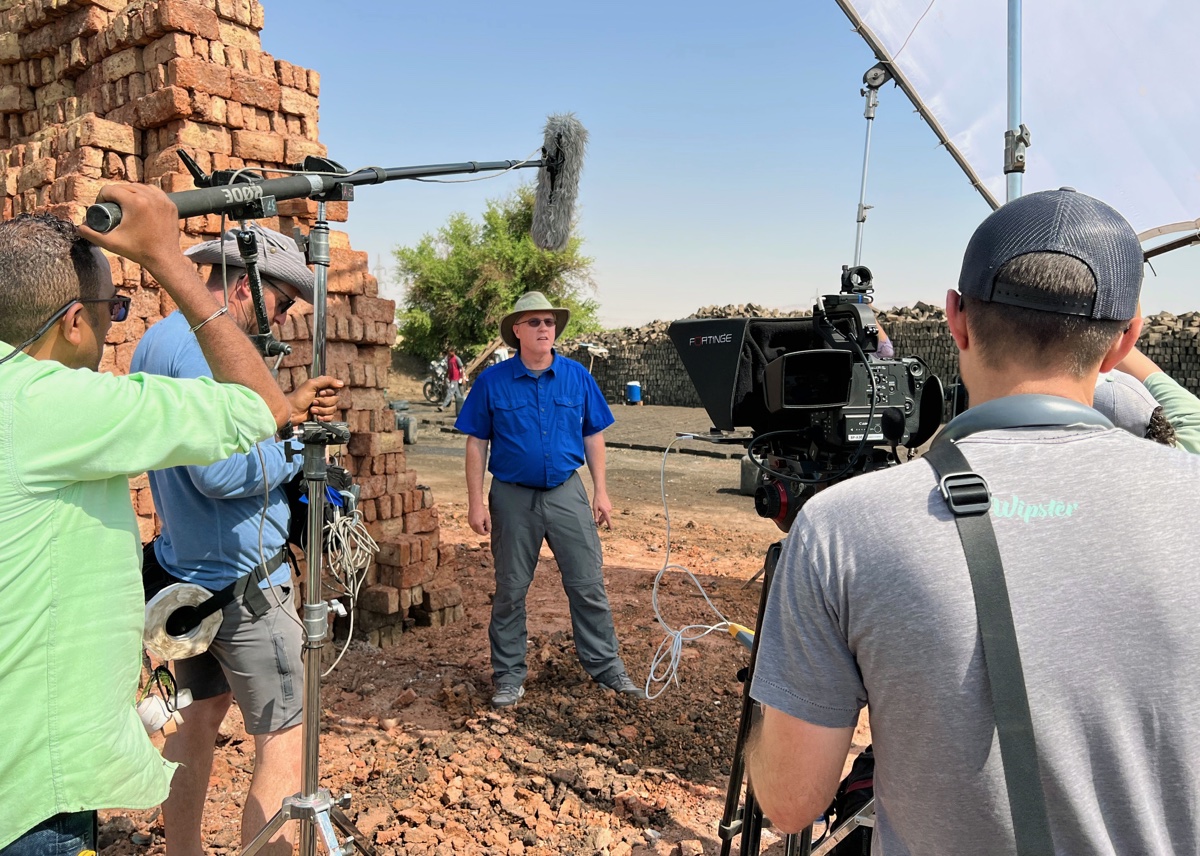
Image-1 Caption: Appian Media Video Recording Crew on Location
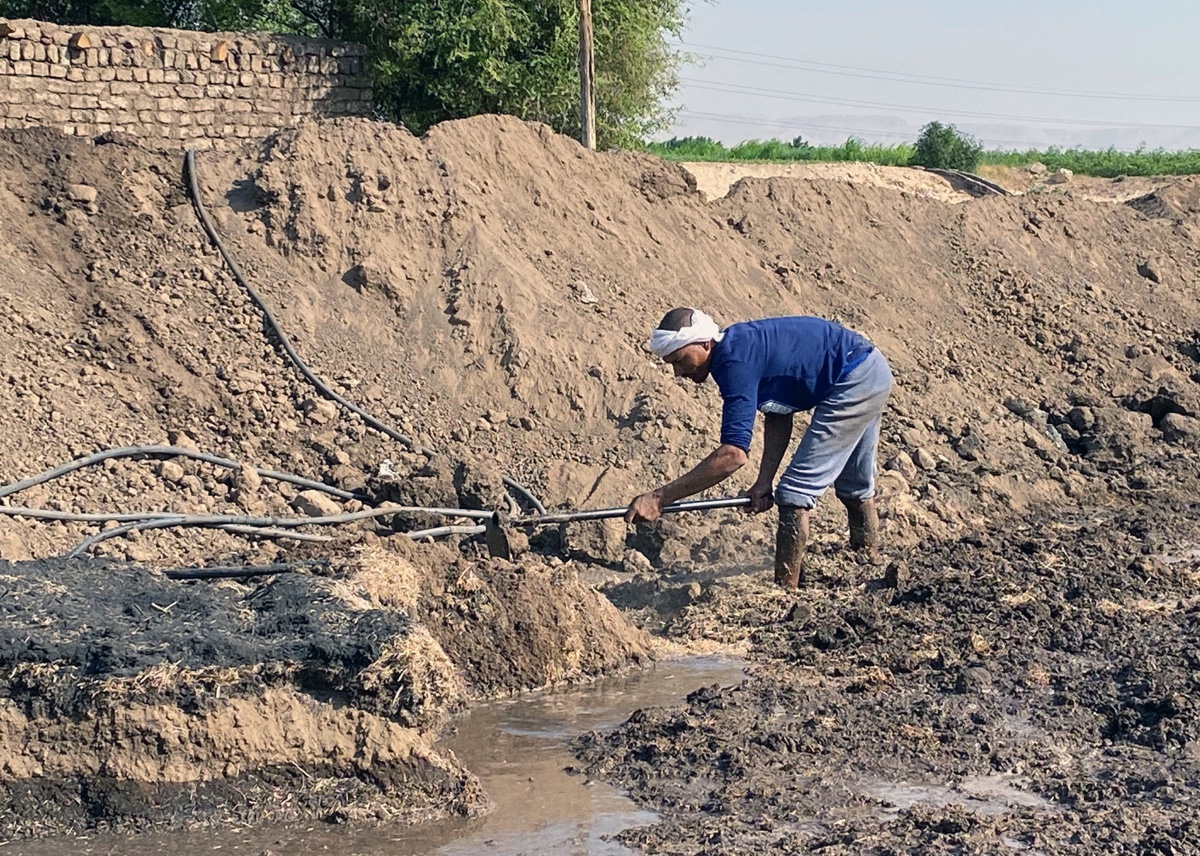
Image-2 Caption: Making Mud Bricks
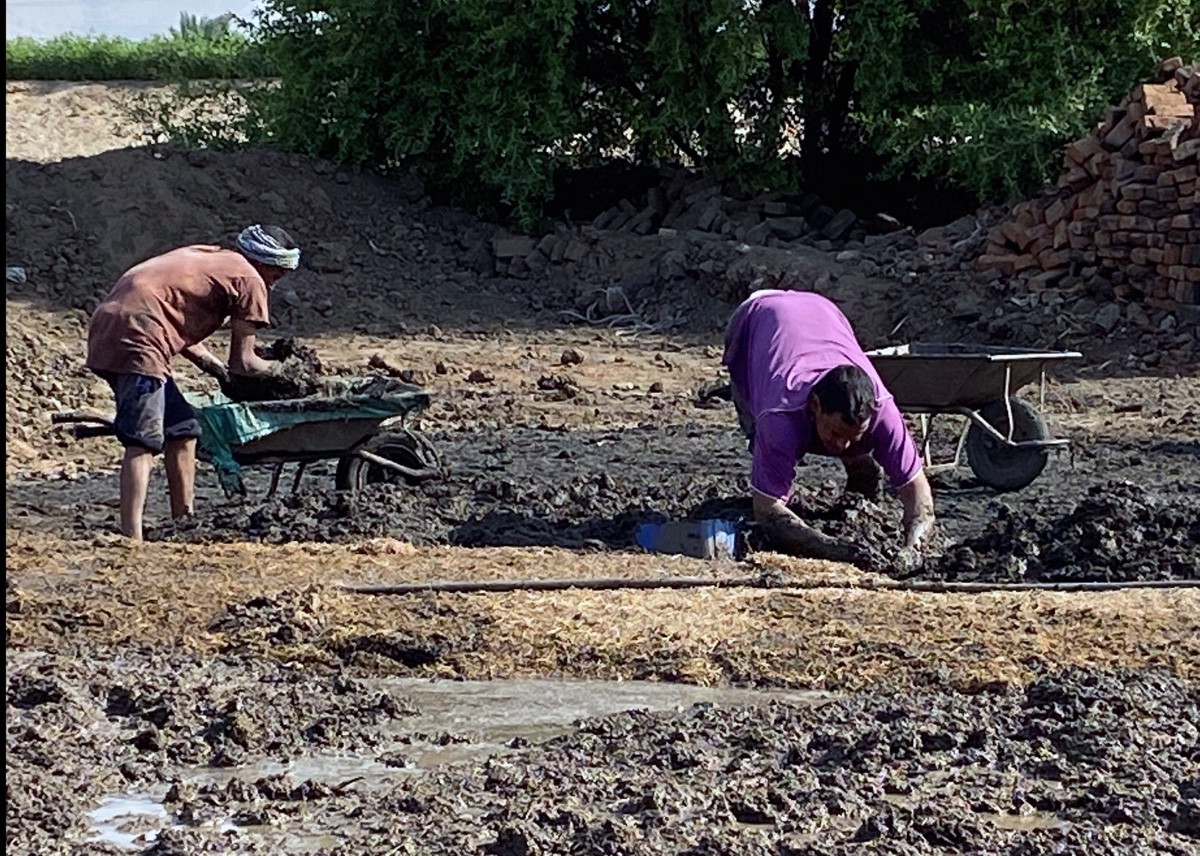
Image-3 Caption: Making Mud Bricks
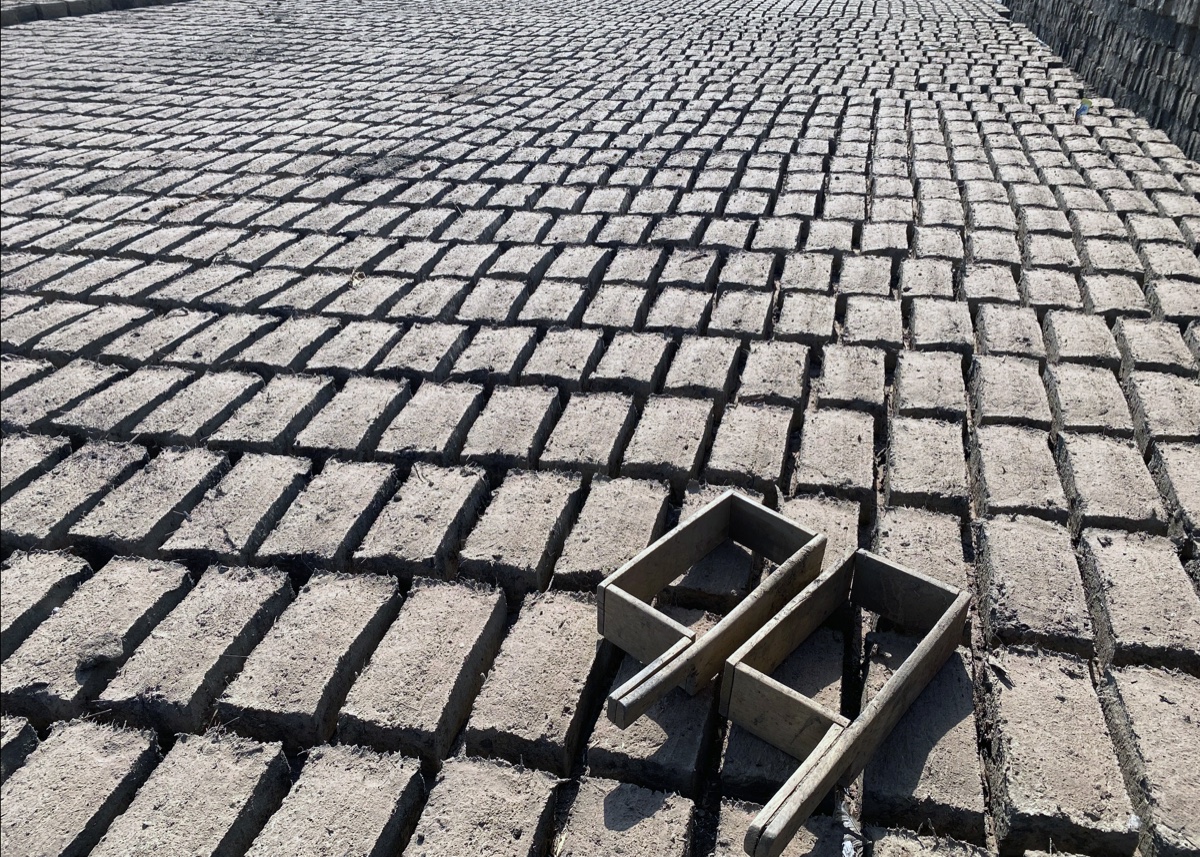
Image-4 Caption: Making Mud Bricks
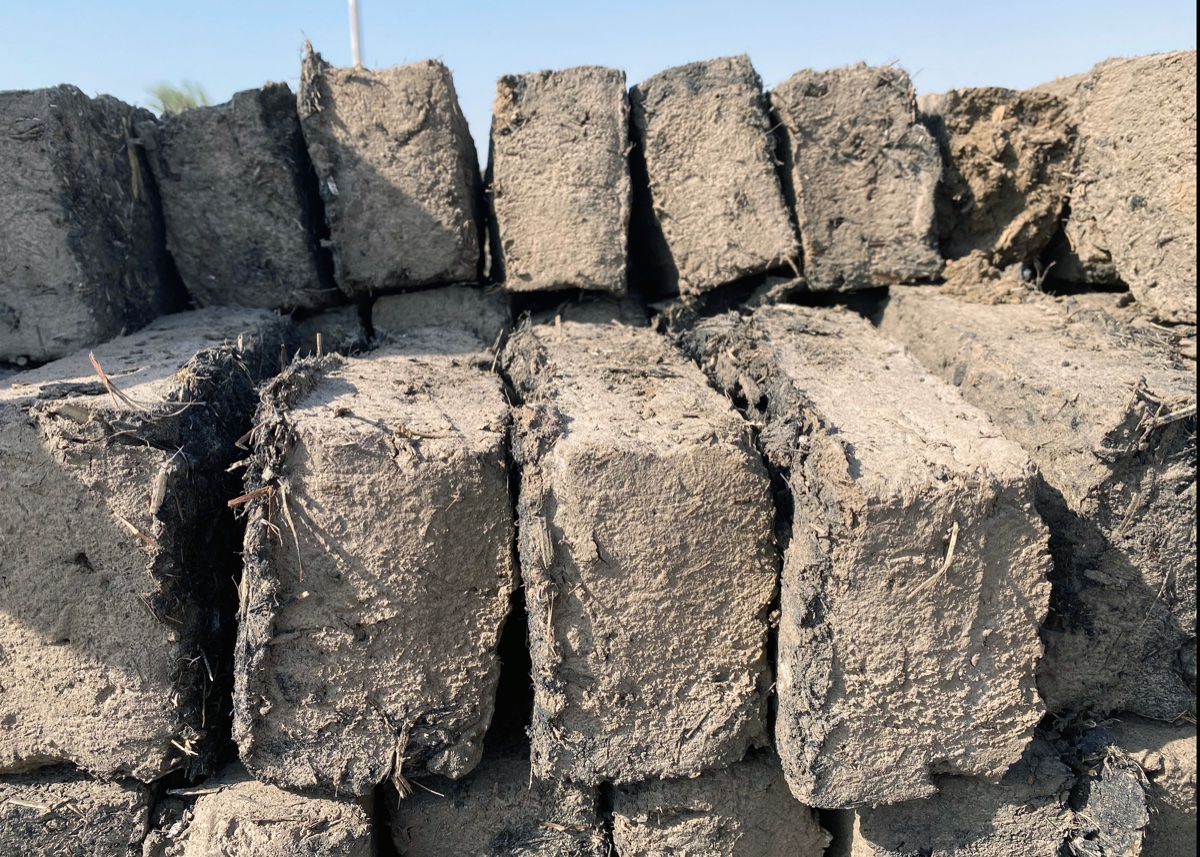
Image-4 Caption: Making Mud Bricks
